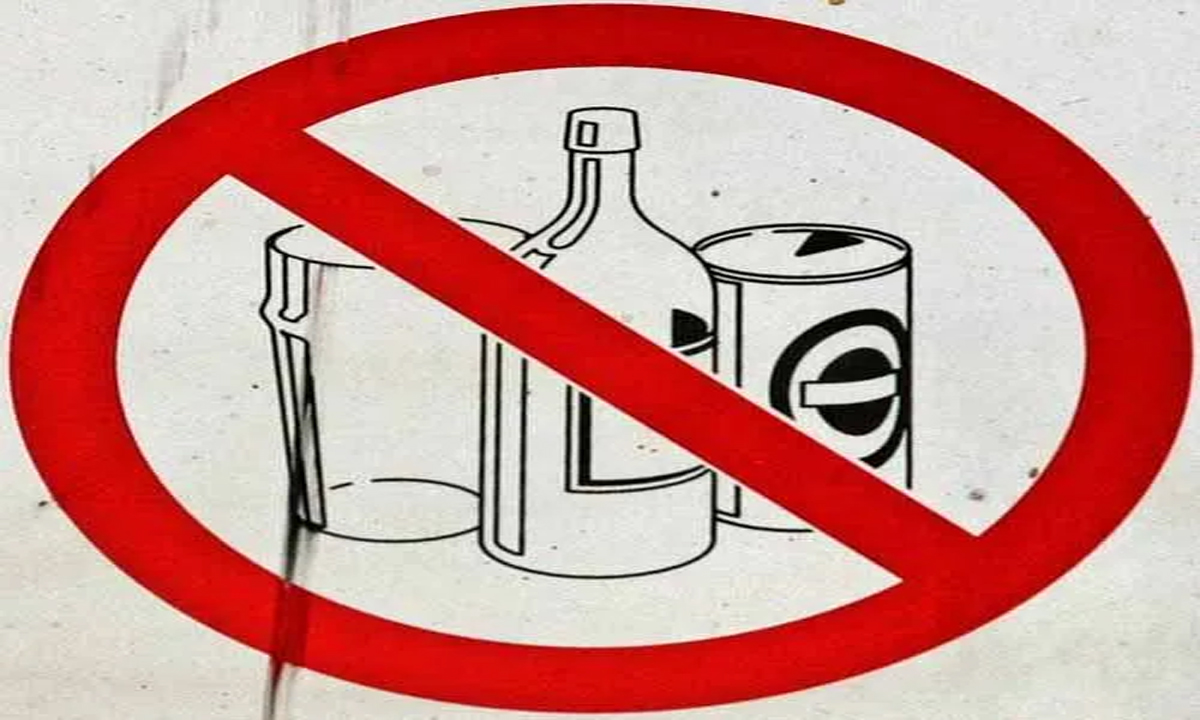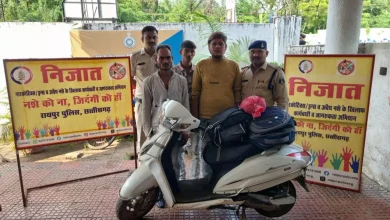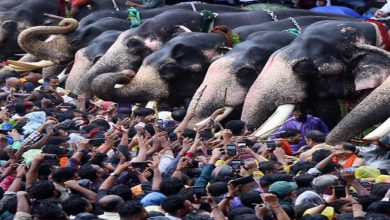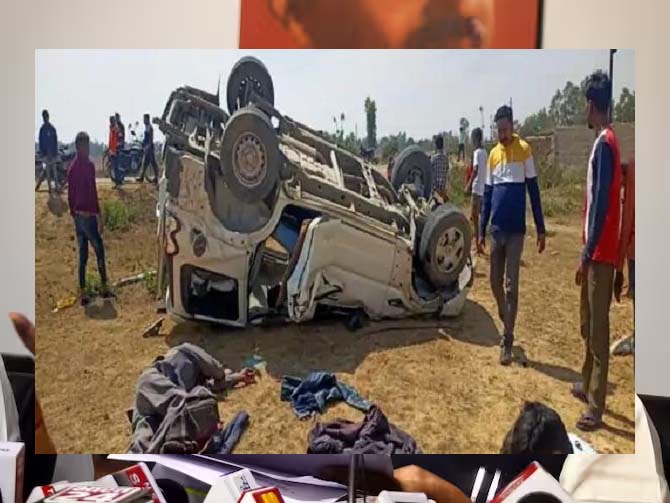PM Modi to visit South Africa for G-20 summit
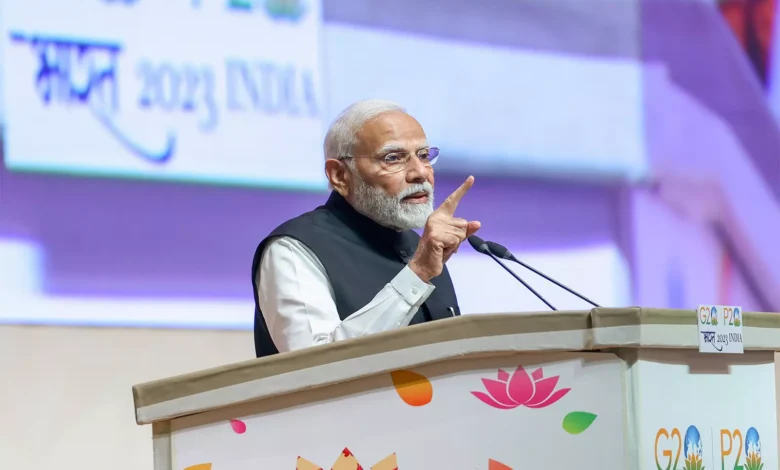
New Delhi: Prime Minister Narendra Modi will travel to Johannesburg, South Africa, on Friday, November 21, to attend the 20th G20 Leaders’ Summit, the Ministry of External Affairs said on Wednesday. According to a Ministry of External Affairs release, the summit, hosted by South Africa, is the fourth consecutive G20 meeting held in the Global South, underscoring the growing role of emerging economies in shaping global governance.
Prime Minister Modi will be in South Africa from November 21 to 23. The Ministry of External Affairs stated that at the summit, Prime Minister Modi will present India’s perspective on the G20 agenda and speak in three key sessions. These include discussions on inclusive and sustainable economic growth, focusing on trade, financing for development, and global debt challenges; a session on building a resilient world, disaster risk reduction, climate change, equitable energy transitions, and food systems; and a third session dedicated to shaping a fair and equitable future, covering critical minerals, decent work, and artificial intelligence.
The release said, “At the Summit, the Prime Minister will present India’s perspective on the G20 agenda. The Prime Minister is expected to speak in all three sessions of the Summit. These sessions are: Inclusive and Sustainable Economic Growth; Leaving No One Behind: Building Our Economies; The Role of Trade; Financing for Growth and Debt Burden; A Resilient World – The G20 Contribution: Disaster Risk Reduction, Climate Change, Just Energy Transition, Food Systems and a Fair and Equitable Future for All; Critical Minerals; Decent Work; Artificial Intelligence.” The Prime Minister is also expected to hold bilateral meetings with several world leaders present during the Summit and will also participate in the India-Brazil-South Africa (IBSA) Leaders’ Meeting, which will be hosted by the African country.
Last week, US President Donald Trump expressed his disagreement with India’s decision to not attend the upcoming G20 Summit, calling it a “complete disgrace.”
Trump said in a TruthSocial post, “Afrikaners (people who are descendants of Dutch settlers, French and German immigrants) are being killed and massacred, and their land and farms are being illegally seized.”
The post read, “As long as human rights abuses continue, no US government official will participate. I look forward to hosting the 2026 G20 Summit in Miami, Florida!” According to The Hill, in May, the White House asked federal agencies to halt work on the G20 Summit scheduled for November 22-23, at which time Trump indicated that the US would not participate.
A few days before Trump, US Secretary of State Marco Rubio said in a post on X that he would not “attend the G20 Summit in Johannesburg.”
Following his remarks, South Africa’s High Commissioner to India, Anil Sooklal, said that the G-20 has grown too big to fail and will hold a successful summit despite the US boycotting the leaders’ meeting.
He described the US decision as “unfortunate,” but stressed that the forum no longer depends on any one nation.
“It is unfortunate that President Trump and the US have decided not to attend the last summit in the first round of summits in South Africa. So, even though the US will not attend this meeting, as President Trump has said, the G-20 has established itself as a powerful global force. It is no longer dependent on any one country. Therefore, I would say that the G-20 has grown too big to fail,” Sooklal said.
This year, South Africa will host the G-20 Leaders’ Summit, chaired by President Cyril Ramaphosa, from November 22 to 23 at the Nasrec Expo Centre in Johannesburg.
According to the Ministry of External Affairs, the Group of 20 (G20) comprises Argentina, Australia, Brazil, Canada, China, France, Germany, India, Indonesia, Italy, Japan, Republic of Korea, Mexico, Russia, Saudi Arabia, South Africa, Turkey, the United Kingdom and the United States, as well as two regional bodies, namely the European Union (EU) and the African Union (AU).
G20 members represent approximately 85 per cent of global gross domestic product (GDP), over 75 per cent of global trade and nearly two-thirds of the world’s population.

